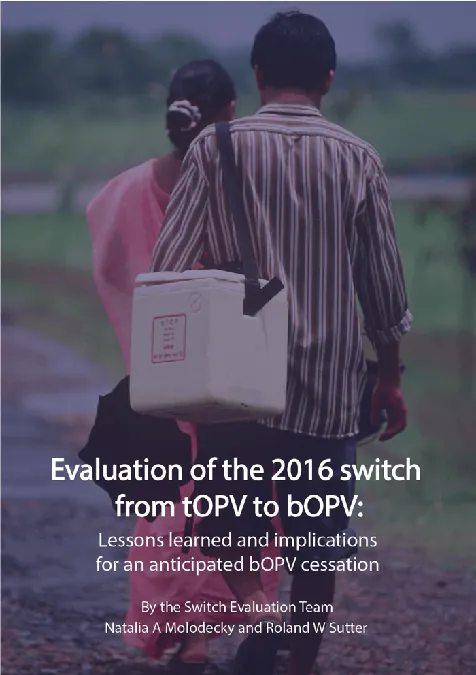
Orbital Materials Harnesses AI to Revolutionize Cleantech Material Discovery
2024-11-08
Author: Yu
In a groundbreaking effort to combat climate change, the New Jersey-based start-up Orbital Materials is leveraging artificial intelligence (AI) to discover innovative materials that may play a crucial role in clean technology. Established in 2022, Orbital Materials has quickly positioned itself at the forefront of materials science, combining advanced computational techniques with real-world experimentation.
A New Era in Material Discovery
Founded by Jonathan Godwin, James Gin-Pollock, and Daniel Miodovnik, Orbital Materials operates out of locations in London and Princeton, New Jersey. The company has raised an impressive $21 million from notable investors, including Radical Ventures, Sequoia Capital, and Toyota Ventures. Its primary objective: to create sustainable materials that can significantly reduce the impact of human activities on the environment.
At the heart of Orbital’s approach is an AI model that predicts the properties of new materials by analyzing existing data alongside novel simulations and lab experiments. This technology targets specific cleantech applications, including catalysts for biobased chemical production and advanced materials aimed at improving water treatment processes.
Innovations in Carbon Capture
One of Orbital's most exciting developments is its advanced sorbent material designed to capture carbon dioxide from the atmosphere more efficiently and cost-effectively than current technologies. This cutting-edge development could transform the landscape of carbon capture and storage, a critical component in the fight against global warming.
Jonathan Godwin, previously involved in AI research at DeepMind, Google's AI division, recognized the potential for AI to speed up material discovery. However, he felt that a more specialized focus on translating AI predictions into practical applications was needed. This led to the inception of Orbital Materials.
The Role of Human Expertise
Orbital's AI model employs a machine learning framework that begins with a random arrangement of atoms, gradually refining them into potential new materials through iterative simulations. Although the AI has shown promise in predicting certain properties, such as carbon absorption capability, it faces challenges in foreseeing other critical attributes like stability and manufacturability. Overcoming these hurdles often requires the nuanced intuition developed by experienced chemists.
To bridge this gap, Godwin has emphasized the importance of building a team with strong industrial chemistry backgrounds. The addition of Thomas McDonald as Chief Scientific Officer brings invaluable expertise in carbon capture, derived from his success with Mosaic Materials and experience in commercializing breakthrough technologies.
A Collaborative Future
Orbital Materials seeks to go beyond mere material synthesis. The company aims not only to create these innovative solutions but also to test them in real-world applications to validate their effectiveness. Partnering with large firms for scaling and commercialization could enhance the real-world impact of their inventions.
The challenge of translating AI models into practical solutions is significant, and industry leaders are also engaged in similar efforts. Major tech companies and established chemical firms are racing to reshape materials science through AI. However, experts like Milad Abolhasani from North Carolina State University caution that the lack of standardized data continues to impede progress.
Despite challenges, the potential for AI in this field is vast. Orbital Materials is paving the way for a future where human and machine intelligence collaborates harmoniously—an approach where AI acts as a "co-pilot," enhancing chemists' creativity and efficiency in developing next-generation materials.
As the world increasingly turns to innovative solutions in the face of climate change, advancements like those at Orbital Materials could signify a monumental shift toward a sustainable future. Stay tuned as these pioneers push forward, transforming the landscape of environmental technology and materials science for generations to come.



 Brasil (PT)
Brasil (PT)
 Canada (EN)
Canada (EN)
 Chile (ES)
Chile (ES)
 España (ES)
España (ES)
 France (FR)
France (FR)
 Hong Kong (EN)
Hong Kong (EN)
 Italia (IT)
Italia (IT)
 日本 (JA)
日本 (JA)
 Magyarország (HU)
Magyarország (HU)
 Norge (NO)
Norge (NO)
 Polska (PL)
Polska (PL)
 Schweiz (DE)
Schweiz (DE)
 Singapore (EN)
Singapore (EN)
 Sverige (SV)
Sverige (SV)
 Suomi (FI)
Suomi (FI)
 Türkiye (TR)
Türkiye (TR)